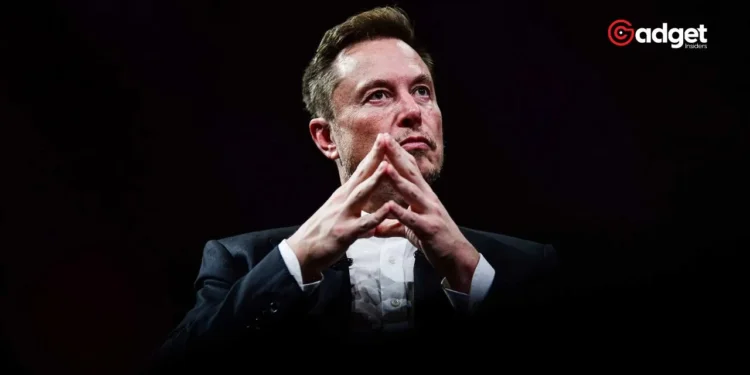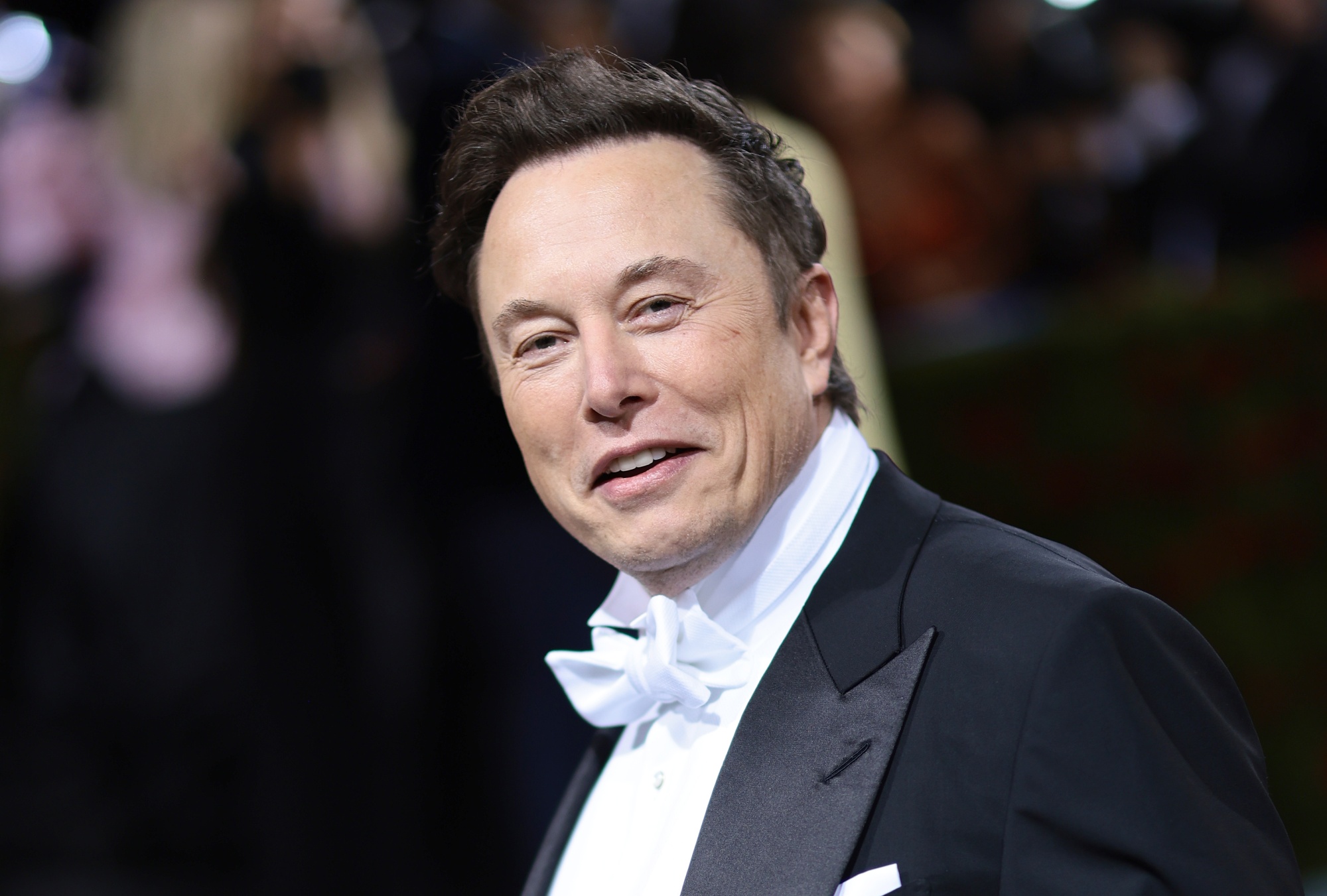At the recent Viva Technology Conference in Paris, Elon Musk, the mind behind X, xAI, Tesla, and SpaceX, presented a future both promising and perplexing, driven by artificial intelligence. While addressing the potential of AI to reshape our societal structures fundamentally, Elon Musk provided insights that oscillated between utopian dreams and stark realizations.
Responding to an audience question about the possibility of AI replacing him, Elon Musk launched into a broader discourse on the fate of employment in an AI-dominated world.
“In a benign scenario, probably none of us will have a job,”
Elon Musk projected, introducing the concept of a ‘universal high income’—a step beyond the often-discussed universal basic income. This scenario suggests a world where abundance is the norm, with AI and robotics seamlessly fulfilling our needs, rendering traditional jobs obsolete.
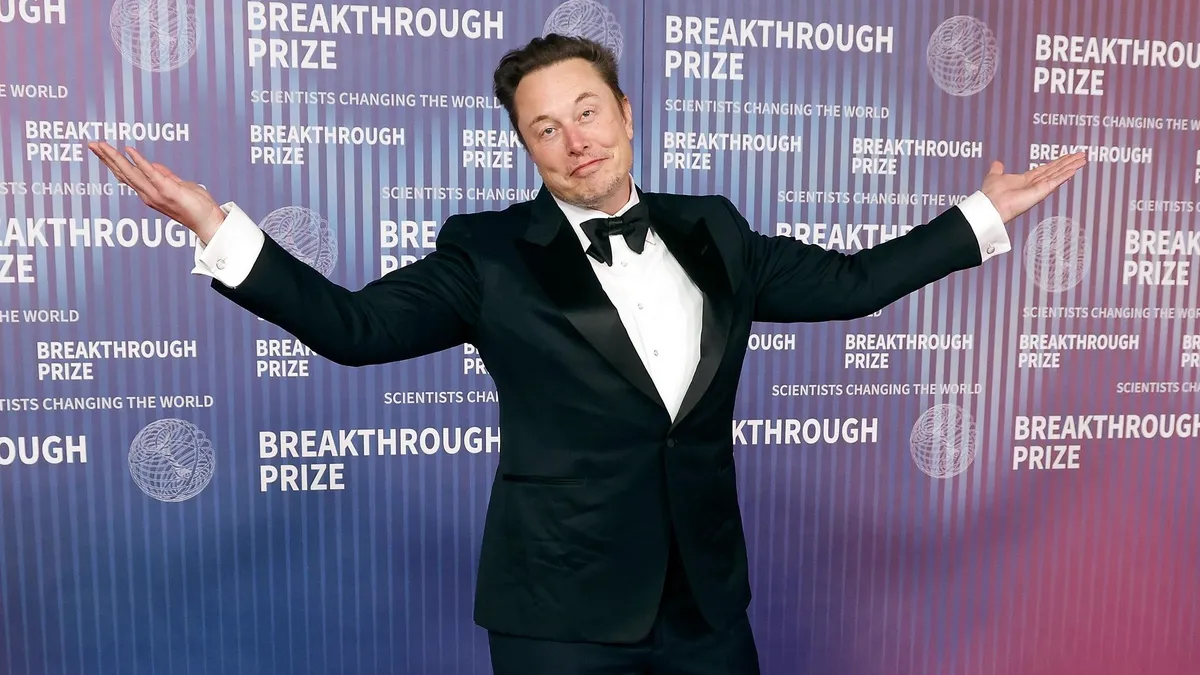
However, Elon Musk didn’t shy away from the philosophical ramifications of such a future. He posed a challenging question:
“If a computer and the robots can do everything better than you, then… does your life have meaning?”
This question strikes at the core of human existentialism, prompting a reflection on our purpose in a world where our traditional roles are disrupted.
Elon Musk: The Immediate Realities and Long-Term Possibilities
While Elon Musk’s long-term vision paints a picture of economic abundance, he was quick to address the current landscape where AI poses a tangible threat to jobs, particularly impacting low to medium-income individuals.
Recent moves by companies like Duolingo and Nvidia underscore this shift, as roles traditionally held by humans begin to be automated at a fraction of the cost. This transition, Elon Musk noted, is far from incorporating a safety net for those displaced by technology.
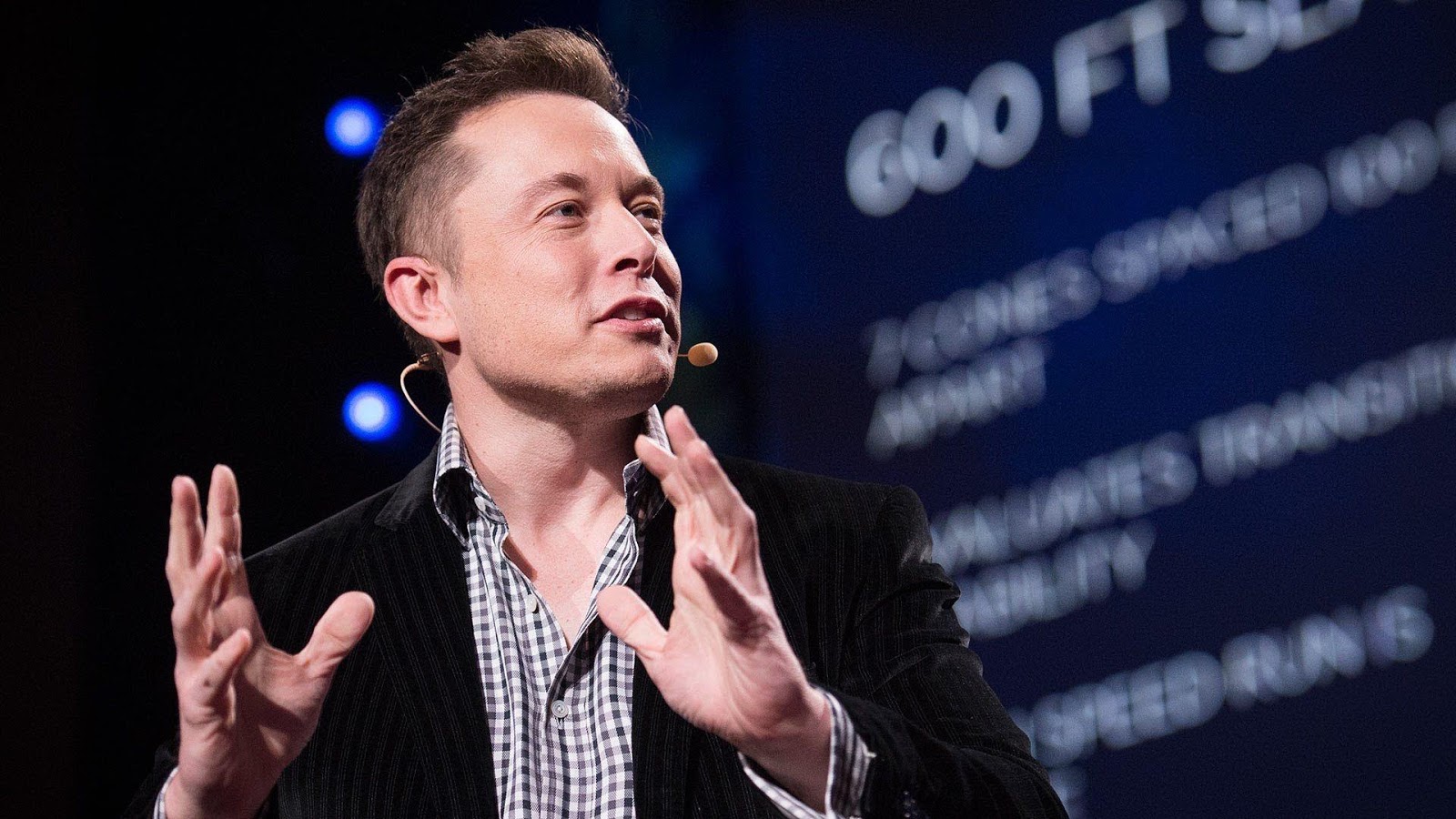
Elon Musk’s contemplations extended beyond economic factors, touching on the psychological interplay between humans and AI. He described a possible future where AI systems cater to human happiness, a symbiotic relationship where
“The AI is trying to make our cortex happy which is trying to make our limbic system happy.”
Inspiration from Sci-Fi and Disdain for the Media
Elon Musk’s narrative is heavily inspired by the Culture series by Iain Banks, which describes a socialist society where humans and AIs coexist with unlimited resources, epitomizing the ideal ‘post-scarcity’ economy. These influences are evident in his conceptualization of an AI-driven future.
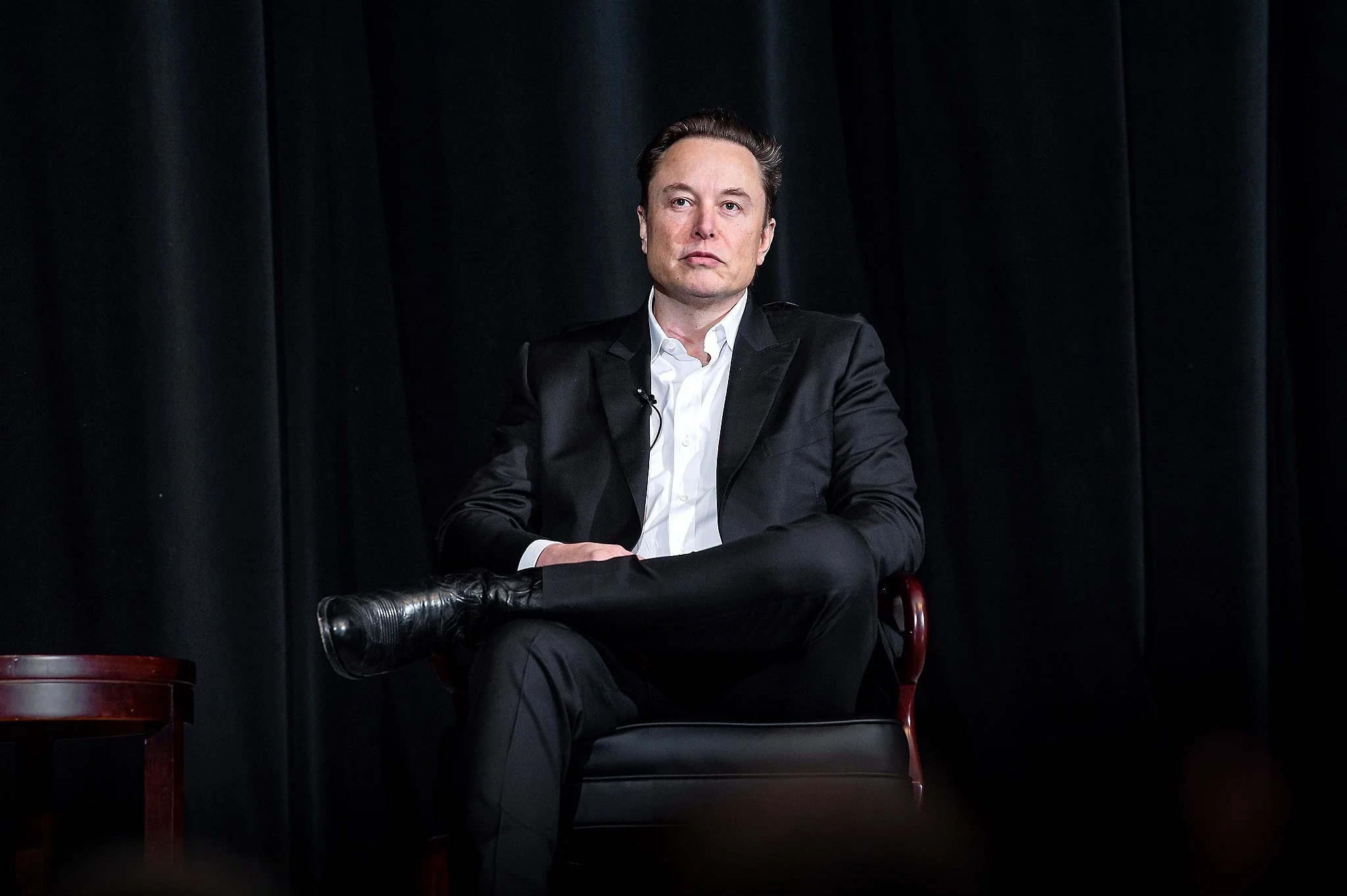
However, not all moments during the conference were focused on futuristic predictions. Elon Musk also displayed his characteristic candidness when interacting with the media. He notably dismissed a question from a Business Insider reporter, questioning the publication’s credibility outright.
A Call to Action and a Caution
The talk concluded with Elon Musk reiterating his gravest concern—AI itself. Despite his active participation in the AI development race with his xAI startup, Musk called for a balanced approach to AI development, aiming for systems that seek truth rather than conform to political correctness.
As Elon Musk steers his enterprises towards integrating AI into the fabric of society, his dialogues continue to stir public and professional discourse on the ethical, economic, and existential questions that accompany technological advancements.
His vision of the future, marked by both promise and uncertainty, encourages a critical examination of not just what AI can do, but what it should do in shaping our collective future.

